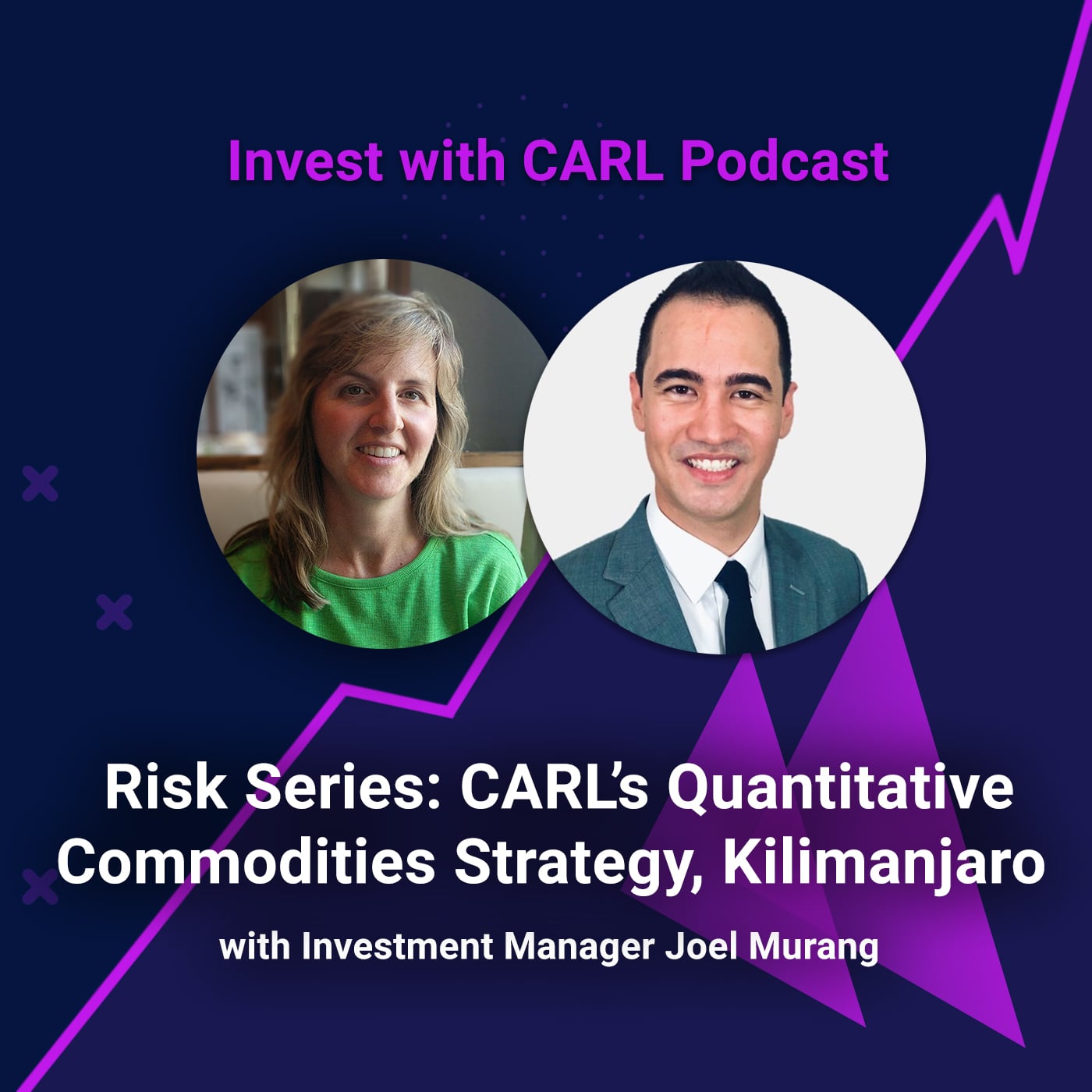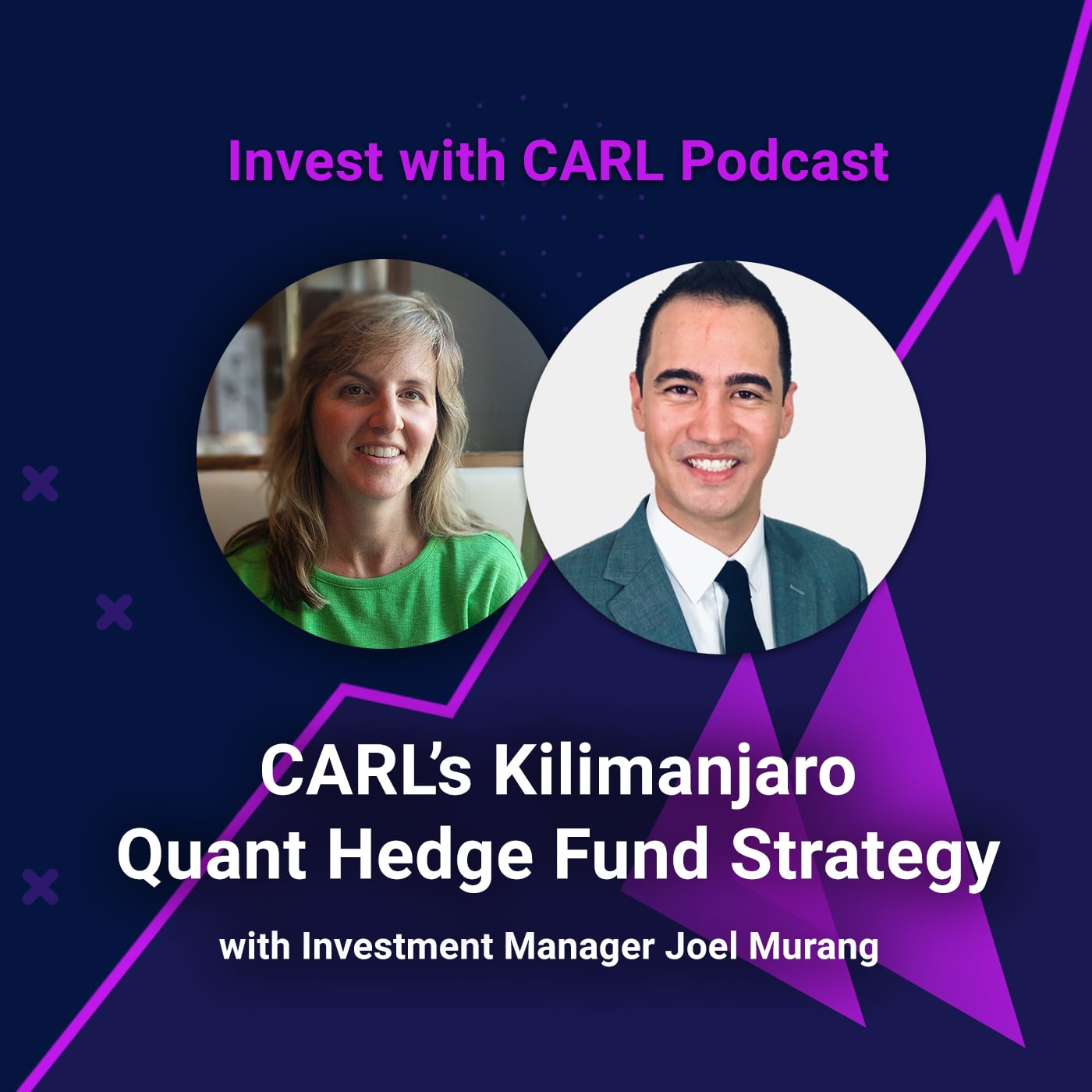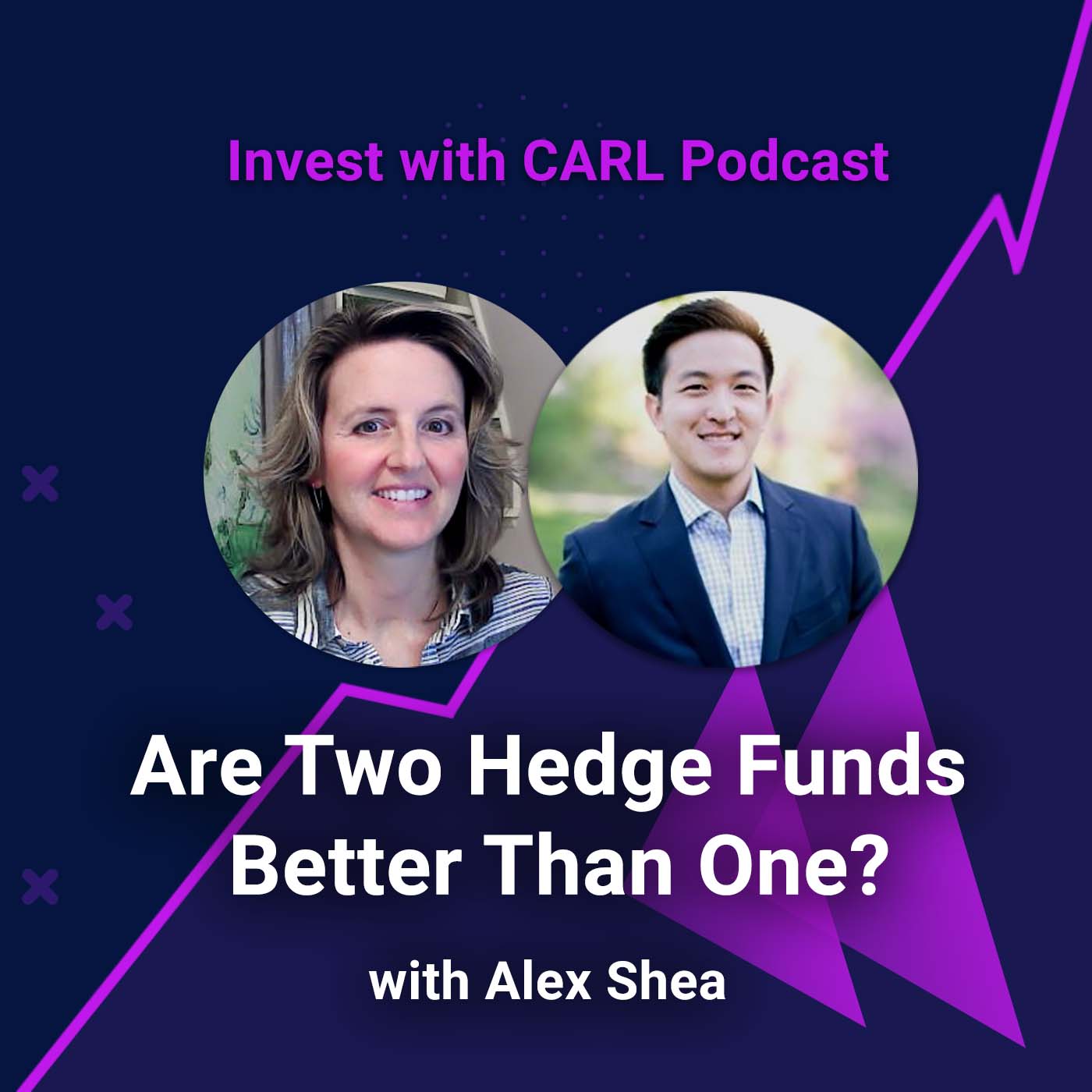Defining Commodities
Commodities are fungible goods that are traded based on their material value, with things like branding, manufacturing quality, etc. taking a back seat. Typical commodities are resources such as crude oil, natural gas, or precious metals, which are seen as fungible because the buyer doesn't usually care where the oil was extracted or who mined the iron they're buying.
It should be noted, however, that commodities do not always equal unprocessed resources. For example, generic pharmaceuticals, base chemicals, or industrial steel are all manufactured from base resources, but they are still considered to be highly fungible.
So, for example, iron may be seen as a commodity since it doesn't matter to the steel producer where the iron comes from. The steel producer then turns the iron into steel, which is also considered to be a commodity since it doesn't matter to the car manufacturer where the steel comes from. But the cars made with steel are no longer fungible, as consumers are willing to pay very different prices for one brand or type of car compared to another.
Fungibility Is Subjective
Remember that commodities are defined by their fungibility, but fungibility is a sliding scale instead of a binary attribute. Let's take wheat for example; wheat itself is seen as highly fungible since it's usually irrelevant which commodity producer you're buying it from. In fact, a company that produces foodstuffs may combine wheat from different suppliers to produce their products.
However, the food company's customers may differentiate between products made from wheat and products made from non-GMO wheat. Since the customers make this distinction and are willing to pay higher prices for products based on that distinction, the food company may choose to distinguish between these two types of wheat, which are thus no longer fully interchangeable to them. This is why the company may see wheat and non-GMO wheat as different commodities, whereas other buyers on the market may not even make that distinction.
Why You Should Invest in Commodities
Historically, highly fungible goods and resources have been seen as an ideal investment option when inflation was high or the dollar was weak. That's because demand tends to rise under such circumstances, which increases commodity prices. You can often buy these goods cheap when the economy is strong, then sell them at an increased price during a recession.
Investors should always aim for diversification since portfolios that aren't diversified enough are always at risk of losing money. This is where commodity-based investment strategies come in; by buying commodities or investing in commodity-trading mutual funds, ETFs, or hedge funds, you can ensure you gain returns on your investment even during an economic slump.
Investing in fungible goods can be used as a hedging strategy for portfolios otherwise heavily dependent on the economy doing well.
Note, however, that while demand for commodities has consistently been high, prices can vary significantly due to geopolitical events. One well-known example is the market price of crude oil, which directly depends on the political and economic situation in oil-producing countries. Because of this, commodities are considered to be relatively volatile investments.
How Much Should I Invest in Commodities?
Investing in commodity-linked funds is a great way of hedging your investments, so the amount of money you put into these assets should reflect the amount of money you invest in the investments you want to hedge against. Keep in mind that commodities have historically performed best when the markets go down or when the value of the dollar drops. If you invest in long positions dependent on a bull market, you can invest enough money into these fungible assets to make sure you gain some returns even if the market goes down and your other investments fall through.
How to Start Investing in Commodities
If you're looking for more diversification for your portfolio and you think commodities may just be the reliable investment you need, there are various ways to invest in these assets:
- Commodity stocks
- Commodity futures
- ETFs
- Mutual funds
- Hedge funds
Buying stocks means you'll be investing in commodity-producing or otherwise commodity-related companies, which is a relatively reliable way of trading these assets. Futures contracts are a bit riskier, as they involve speculation. You'll have to have a good idea of how the price of your assets will evolve to make a good call in futures trading, which is made more complex by the natural volatility of commodities.
Perhaps the best option for most private investors with a limited budget is commodity funds such as mutual funds or exchange-traded funds (ETFs). These pool the resources of many investors to make purchases and sales which individual investors wouldn't be able to afford, increasing their profitability.
However, if you're not risk-averse and have the means to qualify as an accredited investor, you can make the most out of your investment with commodities-based hedge funds. These are legally allowed to use various investment strategies to maximize their profitability while also hedging their bets to minimize risk.
Commodity Investment With CARL
If you're looking to diversify your portfolio and legally qualify as an accredited investor, CARL can provide you with access to quantitative hedge funds that specialize in commodity trading. These offer the same benefits as standard hedge funds (high returns and hedging strategies against inherent risks), with a twist.
Since quants use digital market modeling to make investment decisions, they are known to perform exceedingly well in volatile market environments. That's because the computer simulation can anticipate many market fluctuations, depending on the quality of the data it has been fed. This, in turn, means that quants can negate some of the typical volatility of the commodities market – and in some cases, they can even use it to the advantage of their investors by reacting to minuscule changes quicker than any human hedge fund manager ever could. This may allow a quant to make numerous micro-trades resulting in a significant combined profit for the fund and its investors.
The CARL app provides you with access to such commodity-based quants while also giving you the tools you need to take full advantage of them, from historical performance analyses to real-time portfolio overviews. Set up a CARL account today and optimize your investments on the commodities market today.
Podcasts – Selected Commodity Investment Episodes
The "Invest with CARL" podcast is a bite-sized treasure trove for anyone looking to brush up on the basics or learn the latest hedge fund news. If you're just learning how to invest, the CARL podcast offers you plenty of information for beginners, concise enough to listen to on your commute.

Risk Management With Quantitative Commodities Strategy
Episode 15 - Risk Series - Risk Management with Quantitative Commodities Strategy, Kilimanjaro

Kilimanjaro a Long/Short Market-Neutral Commodity Strategy
Episode 13 - CARL’s Kilimanjaro Quant Hedge Fund Strategy with Investment Manager Joel Murang

Are Two Hedge Funds Better Than One? With Alex Shea
Most investors know that diversification is important and that, as an alternative investment, hedge funds can offer portfolio diversification...